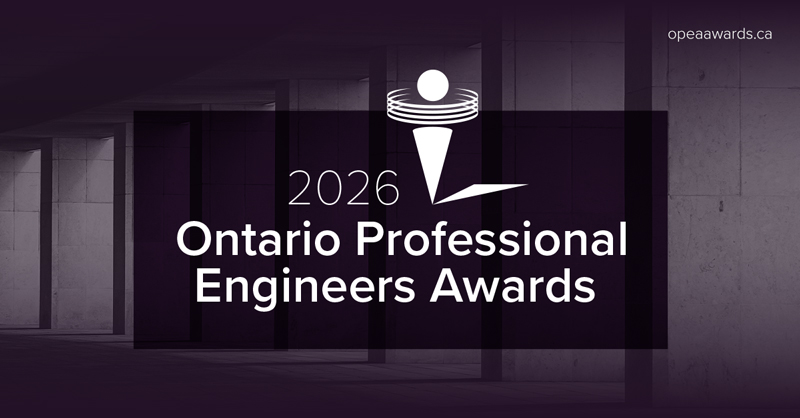
- Incomplete documentation
- Advice for repair, refurbishing, or renovation
- Disputes related to scope of service, end outcome, or deliverables
- Errors in your report or ambiguous reports
- An oversight while drafting or reviewing drawings
- Professional reviews of procedures
- Faulty design resulting in damage, bodily harm, or requirement for reconstruction
- Issues developed after construction: mold, water entry, inherent vice, insufficient fire protection
- Supervision
- Libel and slander of a competitor
- Loss of client documents
- An oversight during an onsite inspection, assessment, or investigation
- A breach of contractual obligations
- Vicarious liability (being held liable for a sub consultant’s work)
- Training provided to others
- Project delays
- Breach of privacy
- Designs that do not meet code
- A complaint made to the PEO
- Accusation of criminal act
- Injury to a 3rd party
- Failure of proto-types or products
- Project management – at risk (budget, overseeing trades, etc.)
- Damage to client equipment or facility
- Liability as a tenant

- Contractual agreements: Prior to commencing work, always execute a written contract to ensure that both parties understand and are comfortable with the details of the agreement. Clearly define the scope of services in written contracts and define the information you require to achieve the deliverables. Be wary of indemnification clauses that could oblige you to assume additional liability.
- Staffing: All employees and sub consultants, including administrative staff, have a direct impact on your business. Always hire personnel that are qualified, ethical, and reputable. Carefully review the work of aspiring professionals, including associates, students, and junior staff.
- Industry trends and regulations: Keep your Certificate of Authorization up to date and be aware of any legislative changes impacting the industry. Maintaining your OSPE membership will allow you to stay connected to peers and will provide access to industry information, as well as opportunities for professional development. Regularly discuss industry trends with colleagues, participate in industry groups, and read professional journals.
- Documentation: The most significant way to prevent misunderstandings is to ensure that your files are well-documented at all stages of your project; this includes corresponding notes, copies of permits, meeting minutes, noted phone calls, and emails. The notes prepared after a meeting should be shared with the client to confirm that their takeaway from the conversation was the same as yours. Keep draft work and calculations to justify opinions. A well-documented file becomes a great reference tool, can be utilized to sort out any disagreements, and, in the event of a claim, might be a key part of your defense.
- Reports: When preparing your report to the client, make sure it is clear, concise, and well-written. Ensure the report mentions assumptions, limitations, and reliance on third-party documents, as well as any future contingencies. Confirm that the client understands the details of the report and assessment.
- Insurance: While insurance is not the first thing on your mind when operating a business, it is invaluable. Having the proper insurance in place will minimize the financial impact that a claim could have on your business and could help keep your business afloat. If you have any coverage-related questions, call your broker.
- Specialization: Acknowledge your limitations in experience when accepting work. Do not provide engineering services that you are not comfortable with, or work that is outside your area of expertise. It’s okay to admit that some services may be outside of your qualifications. Seek mentorship from more experienced professionals or hire a specialized sub-consultant to assist with a part of the project that you do not feel comfortable taking on.
- Choose your clients carefully: By working with clients who are known to be ethical, reputable, and financially stable, you significantly reduce your chances of a frivolous claim being made against you. Keep a good rapport with your clients to encourage honest and clear communication. Being immediately aware of potential issues or displeasure with the project will help to rectify these situations before they become disastrous.
- Manage clients’ expectations: Ensure the client understands the scope of your services; both parties must agree to the scope of the work prior to commencement. It’s important to communicate your expectations and limitations during all stages of the project. Clearly define the deliverables and timelines when possible. Maintain frequent communication with your client to prevent false expectations from developing. Listen to your clients’ concerns and address them. Be responsive to their feedback and do not guarantee results or make promises that cannot be achieved.
- Peer Review: Encourage the use of peer reviews and other quality management tools.
- Don’t admit liability
- Don’t alter records or falsify information
- Do continue to conduct yourself professionally and ethically
- Do report a claim or potential claim to your insurer right away to allow for sufficient time for proper action
- Do utilize resources such as OSPE, your insurance broker, adjuster, and legal counsel for support and guidance
- Do refresh your memory on the events leading up to the accusation to prepare for your defense, and have your files in order. An adjuster and legal counsel will be appointed to you. Your legal counsel will help with the preparation of statement of defence




Leave a Comment